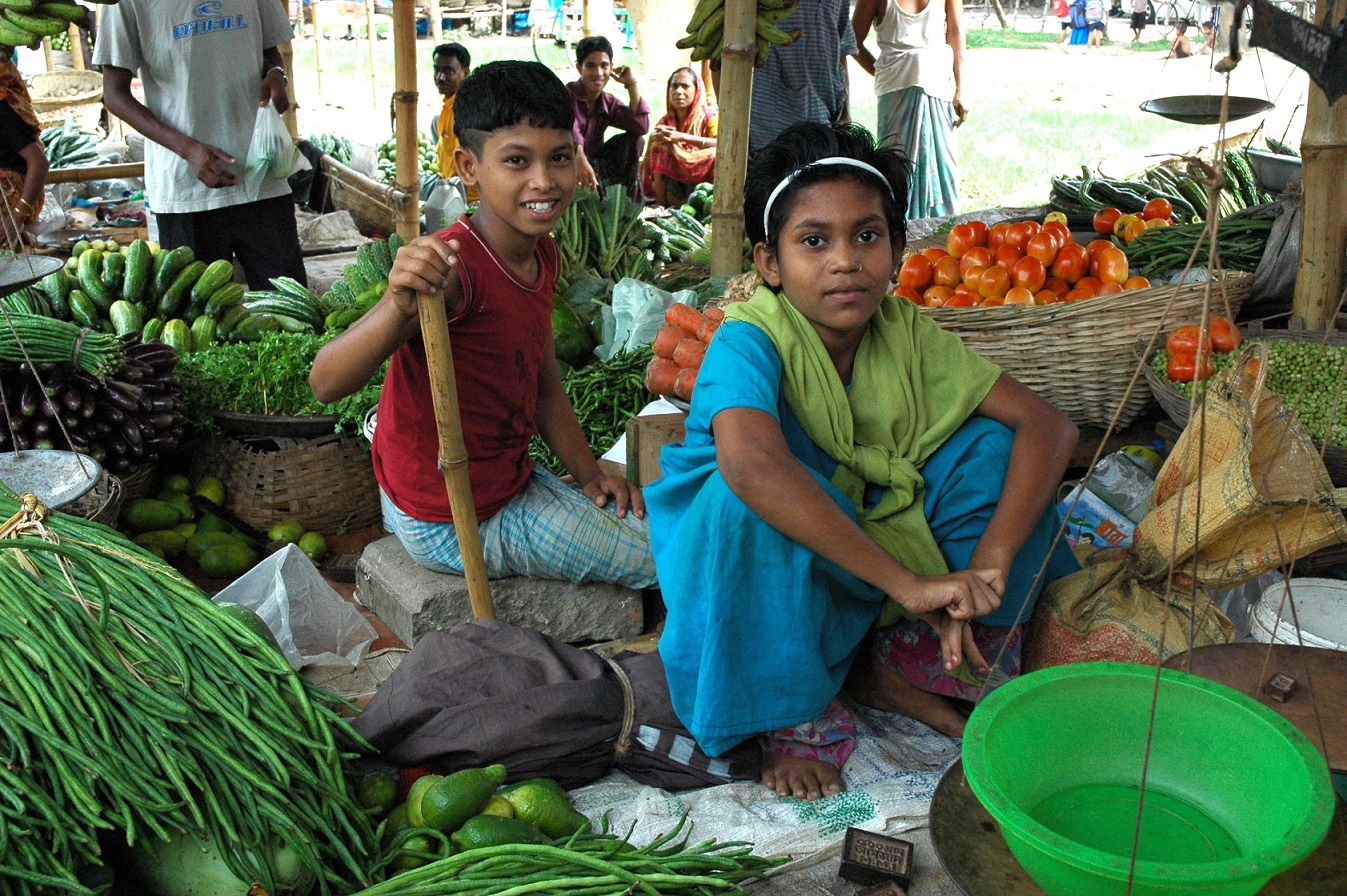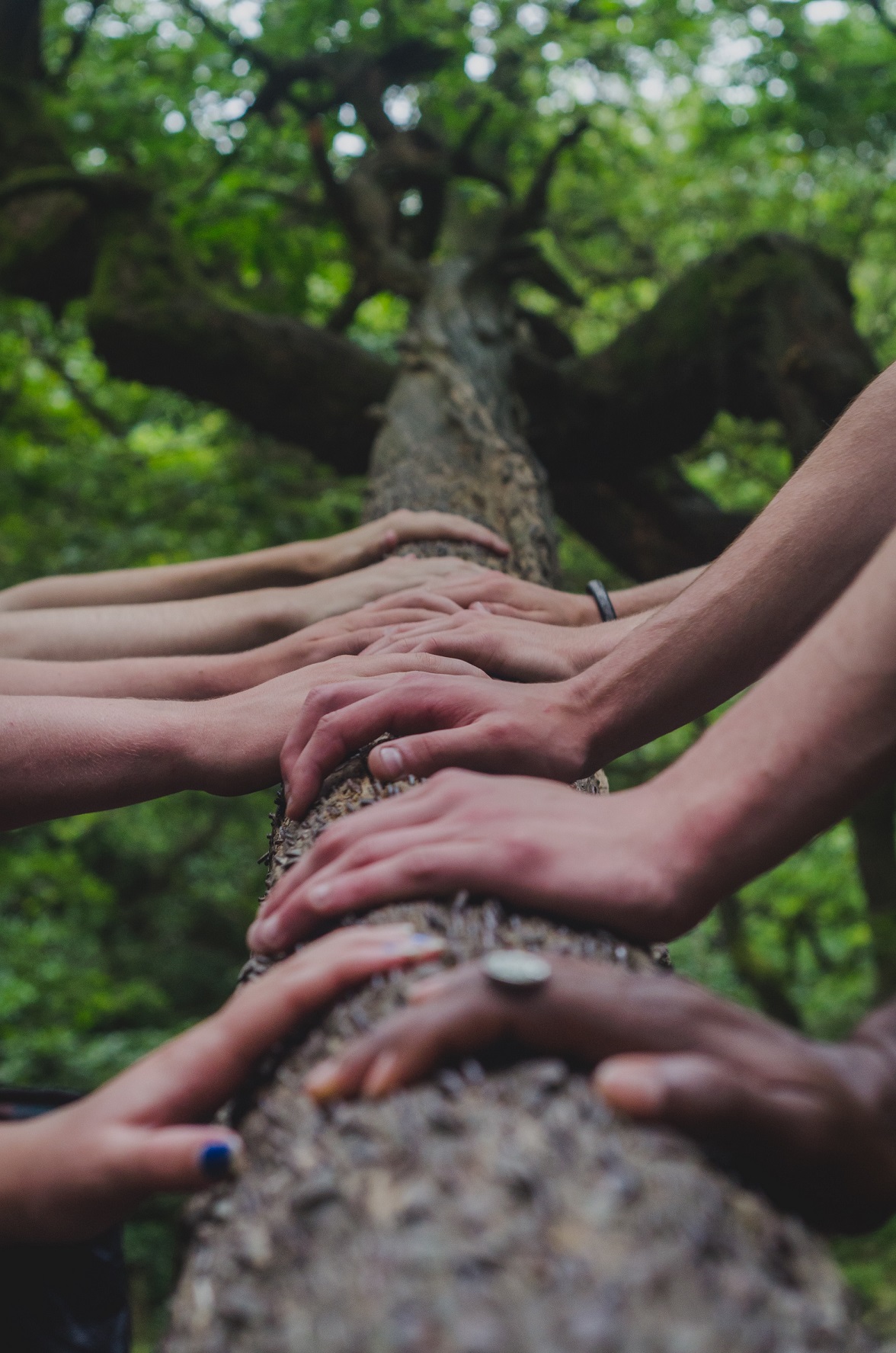“It is the worst of times but it is the best of times, because we still have a chance” – Sylvia Earle, world renowned and one of first female oceanographers on plastic pollution
In the face of mounting environmental challenges, the need for collective action has never been more apparent. While global solutions are paramount, mindful and environmentally conscious people cannot underestimate the power of individual actions. You, me – each one of us – possesses the ability to make a positive impact on the planet.
Here are seven tangible actions that we each can commit to, and the snowballing effect will be inevitable:
1. Planting Native Trees

India is home to 97.85 million hectares of degraded land, offering an immense opportunity for reforestation efforts. By planting native trees, and maintaining them for their first 3 years, we can combat climate change, restore ecosystems, and foster thriving green spaces for communities. But it all starts with that one tree planted by you!
“Reversing deforestation is complicated; planting a tree is simple.”
Even though the average carbon footprint per nation is wildly disparate, the average footprint per person is 7 tonnes CO2 per year. On the flip side, a single mature, hardwood tree is capable of taking in about 22 kilograms of CO2 per year.
Our collective efforts in planting trees, therefore, can truly help offset significant carbon emissions.
2. Reducing Waste and Embracing Reusables

“If it can’t be reduced, reused, repaired, rebuilt, refurbished, refinished, resold, recycled or composted, then it should be restricted, redesigned or removed from production.” – Pete Seeger, Folk Singer, Activist
The bane of our blue planet – single-use plastics. Approximately 7 billion of the 9.2 billion tonnes of plastic produced from 1950-2017 became plastic waste, ending up in landfills or dumped in oceans. Plastic currently accounts for 85% of all marine litter and is on track to triple by 2040, adding 23-37 million metric tonnes of waste into the ocean per year. It’s no wonder that embracing the three R’s – “reduce, reuse, recycle” – is vital in protecting our fragile ecosystems, esp. the oceans and marine life.
By adopting reusable alternatives (using paper/cloth bags, replacing plastic cutlery with biodegradable ones) and encouraging those around us to do the same, we can actively contribute to waste reduction efforts and safeguard our future.
3. Composting for a Circular Economy

Did you know that 1.3 billion tonnes of food loss and waste occur globally every year? And households across the world account for almost 570 million tonnes of that loss and waste! (UNEP)
That means each household has a crucial role to play in the current scenario. Aside from intentional consumption, the answer lies in composting. Composting is nature’s personal method to turn organic waste into fertilizer. There are different methods to do it, but in effect, it significantly reduces the amount of food that is thrown away and therefore, the amount of waste going into landfills and contributing to GHG emissions, and pollution.
It’s easy (just throw the organic kitchen waste into a garden pit), it’s useful (composting at home enriches the soil with organic matter), and it fosters a healthier soil ecosystem and promotes sustainable resource management.
4. Mindful Use of Water and Electricity
Around 700 million people in 43 countries suffer today from water scarcity. Responsible water usage and conservation are therefore crucial – and you can contribute by adjusting your day to day behavior. Don’t let the water run while you brush teeth or shave, opt for short showers instead of tub baths, fix leaky faucets and pipes, invest in a rainwater harvesting system – these are just a few ways out of hundreds to conserve the precious resource!
Another important resource is electricity – the less we use, the more we slow down fossil fuel depletion, and help in cleaning up the environment. Install CFL lights, use air conditioning moderately and only when needed, run washing machine only with full loads, turn off appliances when not in use. Refer to these 150+ laidback ways to reduce your energy bills and impact on the environment.
Adopting mindful habits, such as using water-efficient technologies and conserving electricity, can significantly lower our individual carbon footprint.
5. Preserving Native Biodiversity

”Once the bee disappears from the earth, man has only four years to live. No more bees, no more pollination, no more plants, no more animals, no more humans.” – Albert Einstein, Theoretical physicist
Nature’s intricate web of life needs our protection. Biodiversity loss due to deforestation, habitat degradation, and climate change impacts is evident across the APAC region.
Let’s create green havens in urban spaces. You can start by planting native wildflowers and plants in garden areas, building insect hotels, avoiding harmful pesticides and insecticides, supporting local food production systems, protecting natural habitats by taking small steps like keeping to walking paths, and not stepping through flowers or crops.
Most micro sanctuaries aren’t just aesthetically pleasing; they play a vital role in supporting bees, butterflies, and other pollinators, preserving diverse ecosystems and ecological balance. Each small step and act counts.
6. Embracing Locally Produced Food

Supporting locally produced and in season food not only delights our taste buds but also aids sustainable agricultural practices. By opting for seasonal, locally sourced ingredients, you can actively minimize the carbon footprint associated with fuel-intensive transportation.
Choosing local varieties is not only good for the local food system, but also helps preserve genetic diversity, and is more likely to be organic therefore good for your body too. Eating locally doesn’t necessarily stop at your kitchen – you can also opt for restaurants that source foods locally and support livelihoods.
7. Raising Awareness and Inspiring Change

Don’t shy away from having the climate conversation in your community meetups or local school events. Encouraging climate change awareness in your community by focusing on local or regional impacts, and highlighting those changes your audience might have already noticed is the most impactful way to inspire action. Our voices, coupled with our actions, can create a ripple effect across the globe.
Together, we can champion a greener, more sustainable world by taking individual actions. Whether it’s planting native trees, reducing waste, composting, conserving resources, preserving biodiversity, supporting eco-conscious tourism, choosing locally produced food, or raising awareness, every step counts. Let’s unite in our efforts and embrace our role as stewards of the planet, ensuring a brighter future for generations to come.
“You cannot get through a single day without having an impact on the world around you. What you do makes a difference, and you have to decide what kind of difference you want to make.” – Jane Goodall, British ethologist and world’s foremost expert on chimpanzees
Eager for more insights on how to help in nature conservation efforts? Check out Twinkl’s fresh eco-blog Ways to Make a Difference in the World and the Environment: We Ask the Experts where they’ve gathered environmental experts across the globe to offer ideas on how individuals can help make the world greener and more sustainable.
Have you tried to go green yet? What challenges have you faced? Did you notice any meaningful impact on your lifestyle and surroundings? Let us know your thoughts in the comments.

